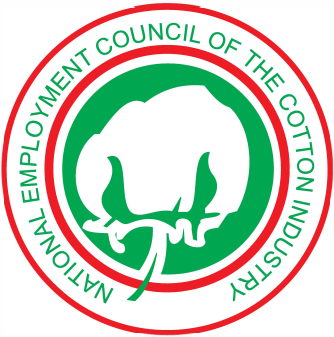WORKPLACE VIOLENCE AND HARASSMENT IN ZIMBABWE LABOUR
The contemporary definition of a Workplace
- Workplace violence and harassment ought to be reckoned in a much wider spectrum in view of both the physical and virtual spaces.
- Workplace violence and harassment remains a big challenge in the world of work.
- A workplace can relate to off-site business-related functions (conferences, trade shows) or even social events related to work like wellness activities and team building initiatives among others.
- The Labour Act, as amended by the Labour Amendment Act No.11 of 2023, explicitly define the term ‘workplace’ and referred it to an array of setups and scenarios connected or arising:-
- in public and private spaces where they are a place of work;
- in places where the worker is paid, takes a rest break or a meal, or uses sanitary, washing and changing facilities;
- during work-related trips, travel, training, events or workplace organised social activities.
- through work-related communications, including those enabled by information and communication technologies (emails; group whatsapp platforms etc)
- in employer-provided accommodation; and
- when commuting to and from work
- It is therefore imperative to note that workplace violence or harassment is not only limited to incidents that occur within a traditional or conventional workplace. Work-related incidents can be experienced at off-site business-related functions (conferences, trade shows), at social events related to work, in clients’ homes, or away from work but resulting from work (a threatening telephone call to your home from a client as an example).
Workplace violence and harassment?
- It can be defined as any act in which a person is abused, threatened, intimidated or assaulted in his or her employment by a co-employee, a subordinate, a superior or by a client.
- In general, workplace violence or harassment include: – the dissemination of rumors, profanity, verbal harassment, pranks, arguments, destruction of property, vandalism, sabotage, aggression, theft, physical assaults, inflicting emotional distress, incidents fueled by rage, sexual assault, arson, and murder among others. Sexual misconduct can manifest in non-verbal manners as well as through spoken language.
National Action against workplace sexual harassment, Zimbabwe
- Zimbabwe has since officially denounced sexual harassment through the Constitution and other respective laws that includes the Labour Act.
- Although sexual harassment is prohibited in Zimbabwe, persists.
- Workplace sexual violence and harassment is a phenomenon committed by individuals of all genders and age groups.
- Predominantly, world over, the victims of sexual harassment are women, with Zimbabwe not an exception. Young women are predominantly more susceptible to sexual harassment as they come as new job entrants.
- However, victims of sexual harassment are not limited by gender, age, class, education, income, or occupation. Workplace sexual violence occurs between same-sex or opposite-sex workers.
Labour Act On workplace violence and harassment
- In 2015, through the Labour Amendment Number 5 of 2015, the legislature deliberately included the definition for “violence and harassment” into the Act, with relationship to the workplace, which they stated to mean: – a range of unacceptable behaviours and practices, or threats thereof, whether a single occurrence or repeated, that aim at, result in, or are likely to result in physical, psychological, sexual or economic harm, and includes gender-based violence and harassment.
- In 2023, the legislature showed dedication to eradicating workplace violence in Zimbabwe through the Labour Amendment Act No.11 of 2023 where it incorporated the definition of ‘gender-based violence and harassment’ which it defined as any violence and harassment directed at persons because of their sex or gender, or affecting persons of a particular sex or gender disproportionately, and includes sexual harassment.
- The Labour Act states that any employee committing workplace violence/harassment is guilty and may be fined or imprisoned. If found guilty after a disciplinary enquiry, an employee can be dismissed, regardless of prosecution.
- It is an unfair labour practice in terms of the Labour Act for an employer or any other person if, by act or omission, demands from any employee or prospective employee any sexual favour as a condition of—
- the recruitment for employment; or
the creation, classification or abolition of jobs or posts; or
the improvement of the remuneration or other conditions of employment of the employee; or
the choice of persons for jobs or posts, training, advancement, apprenticeships, transfer, promotion or retrenchment; or the provision of facilities related to or connected with employment; or
any other matter related to employment; or
engaging in unwelcome sexually- determined behaviour towards any employee,
whether verbal or otherwise.
Way forward
- For workplace violence and harassment, organizations should create detailed company policies to manage the issues. The policy can help educate employees and reduce harmful behaviors. Informing workers of consequences can further deter misconduct.

